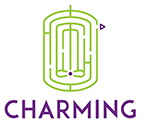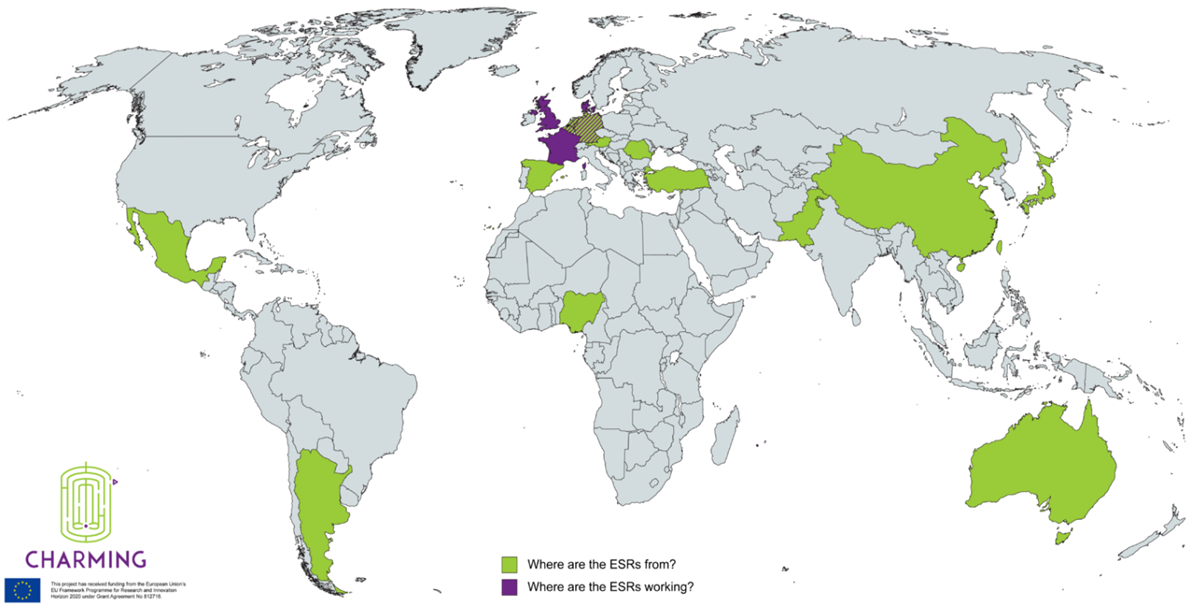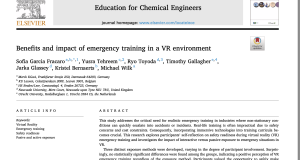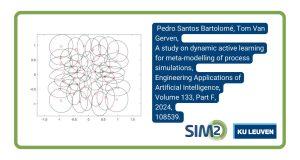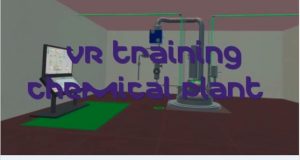Charming ETN, an EU H2020 MSCA-ETN project, has previously debuted its research interest on multiple fields to take on challenges in chemistry, chemical engineering, and chemical operations. The inter-sectorial and interdisciplinary Charming ETN consists of leading universities and industry participants and trains 15 ESRs in the areas of innovative chemical engineering, instructional psychology & pedagogy, and immersive technology. This blog article briefly explains what Charming ETN will bring to the world and whereabouts of those 15 ESRs.
The interest of building bridges has existed in various ways since humankind started to explore the world. And this will continue to be the case even once flying cars become a reality whatsoever. Bridges will always be used to tackle the hurdles faced by our species. Before we go any further, let’s formally define what a bridge is. According to Encyclopedia Britannica, a bridge is a construction which binds destinations by settling a beam horizontally along abutments taken place on each side [1]. The ultimate function of a bridge is to facilitate a permanent connection in a secure way. Not only physically but also psychologically bridges have affected the world so far so deep. In fact, even physical bridges are structured to connect people to each other, aren’t they?
Since the beginning of 2019, 15 Early Stage Researchers (ESRs) & Ph.D. students have been working on a European Training Network project focused on Chemical Education and Immersive Learning. Its goal is to build new bridges between distinct disciplines and topics with the aim of improving chemistry and chemical engineering education for both children and adults. Included in the project are educational and computer scientists, physics graduates, games developers and chemical engineers. All trying to answer the question, how can immersive learning technologies such as augmented reality, virtual reality and games for learning be used to improve the teaching and learning of chemistry and chemical engineering in schools, universities and the workplace? For instance, have you ever wondered how augmented reality can be used for teaching Chemistry in the classroom with computer games? It is hoped that by building bridges between disciplines and using the scientific method, these researchers can begin to understand how to improve the way students and employees can learn with immersive technologies.
Laws of thermodynamics, backing late 1700s, shows that nothing is haphazard in the real world [2]. From this point of view, the thing is indeed noteworthy that when we take a look on the bridges brought by Charming ESRs, we see the bind can be replete with literally nothing. Let us introduce you what is formidable with it.
Where do the ESRs come from?
The ESRs come from 6 of the 7 continents and with a population currently below 2000 [3], you can forgive us for missing out on an Antarctican researcher. That doesn’t mean however that they won’t one day pay a visit to Antarctica, at least in virtually. It may even be the case that the effects of global warming on the glaciers in the future are taught in virtual reality [4].
(click on map to enlarge)
What are we speaking as native and secondary languages?
We are really speaking a lot. Not a chatterbox but we are being able to communicate in 20 languages, possibly one of yours. Language is assumed as one of the main traits of culture heritage [6]. Do you know what are the common things with all these students? Apart from living on Planet Earth, exactly nothing! We are as similar as diverse.
P.S. Following visual contents were compiled based on word cloud approach [5].
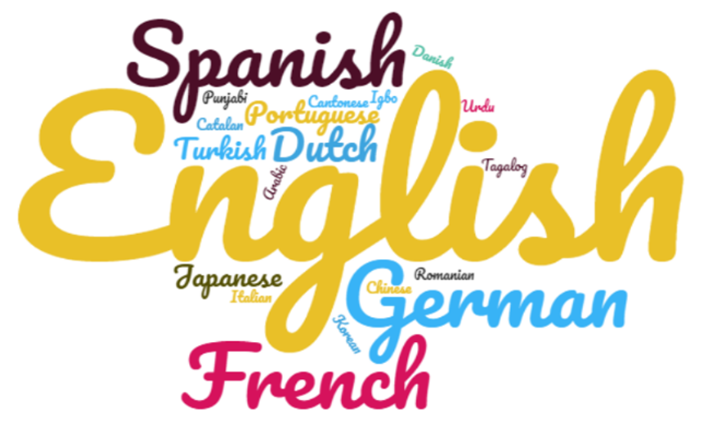
What are our expertizes?
We are having backgrounds from various disciplines to find out the perfect blend.
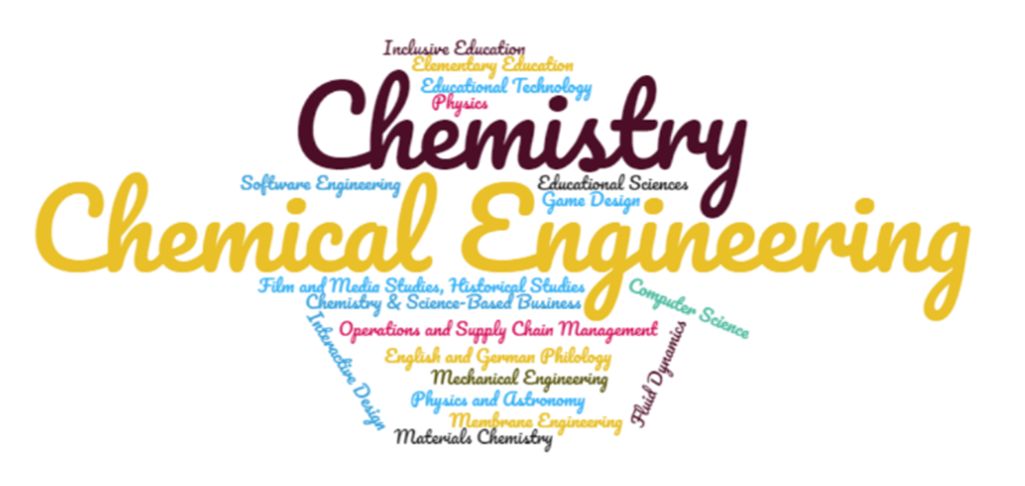
What would we like to eat?
If we cannot get your attention so far, let us give you some yummy ideas that make you feel hungry as a sixth sense.

To get inspired about how you can learn more about immersive learning, check out our Summer School will be held at 2-4 October 2019 in Leuven, Belgium: Science & Engineering Education by Immersive Learning
You are cordially welcome!
On behalf of ESRs,
Serkan Solmaz, Tim Gallagher, Sofia Garcia Fracaro, and Philippe Chan
References
[1] https://www.britannica.com/technology/bridge-engineering
[2] https://en.wikipedia.org/wiki/Laws_of_thermodynamics
[3] https://en.wikipedia.org/wiki/Antarctica
[4] https://www.nationalgeographic.com/environment/global-warming/big-thaw/
[5] https://en.wikipedia.org/wiki/Tag_cloud
[6] https://www.britannica.com/topic/language/Language-and-culture
